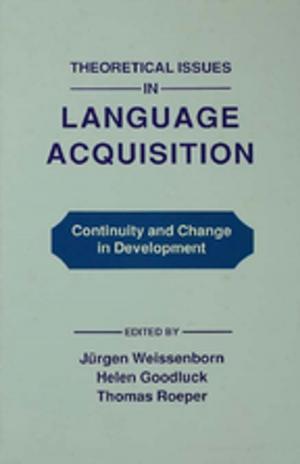The Espionage and Sedition Acts
World War I and the Image of Civil Liberties
Nonfiction, History, Military, World War I, Americas, United States, 20th Century| Author: | Mitchell Newton-Matza | ISBN: | 9781317691297 |
| Publisher: | Taylor and Francis | Publication: | September 19, 2017 |
| Imprint: | Routledge | Language: | English |
| Author: | Mitchell Newton-Matza |
| ISBN: | 9781317691297 |
| Publisher: | Taylor and Francis |
| Publication: | September 19, 2017 |
| Imprint: | Routledge |
| Language: | English |
The Espionage and Sedition Acts of 1917-1918 mark one of the most controversial moments in American history. Even as President Woodrow Wilson justified US entry into World War I on the grounds that it would "make the world safe for democracy," the act curtailed civil liberties at home by making it illegal to speak out against the US participation in the conflict. Supporters of the Acts argued that these measures were necessary to protect national security and keep in check the perceived threat of radical activities, while opponents considered them an unjustifiable breach of the Bill of Rights. The conflict between government powers and civil liberties concretized by the Acts continues to resonate today.
The Espionage and Sedition Acts introduces students to this controversial set of laws, the cultural and political context in which they were passed, and their historical ramifications. In a concise narrative supplemented by primary sources including court cases, newspaper articles, and personal papers, Mitchell C. Newton-Matza gives students of history and politics a nuanced understanding of this key event.
The Espionage and Sedition Acts of 1917-1918 mark one of the most controversial moments in American history. Even as President Woodrow Wilson justified US entry into World War I on the grounds that it would "make the world safe for democracy," the act curtailed civil liberties at home by making it illegal to speak out against the US participation in the conflict. Supporters of the Acts argued that these measures were necessary to protect national security and keep in check the perceived threat of radical activities, while opponents considered them an unjustifiable breach of the Bill of Rights. The conflict between government powers and civil liberties concretized by the Acts continues to resonate today.
The Espionage and Sedition Acts introduces students to this controversial set of laws, the cultural and political context in which they were passed, and their historical ramifications. In a concise narrative supplemented by primary sources including court cases, newspaper articles, and personal papers, Mitchell C. Newton-Matza gives students of history and politics a nuanced understanding of this key event.















